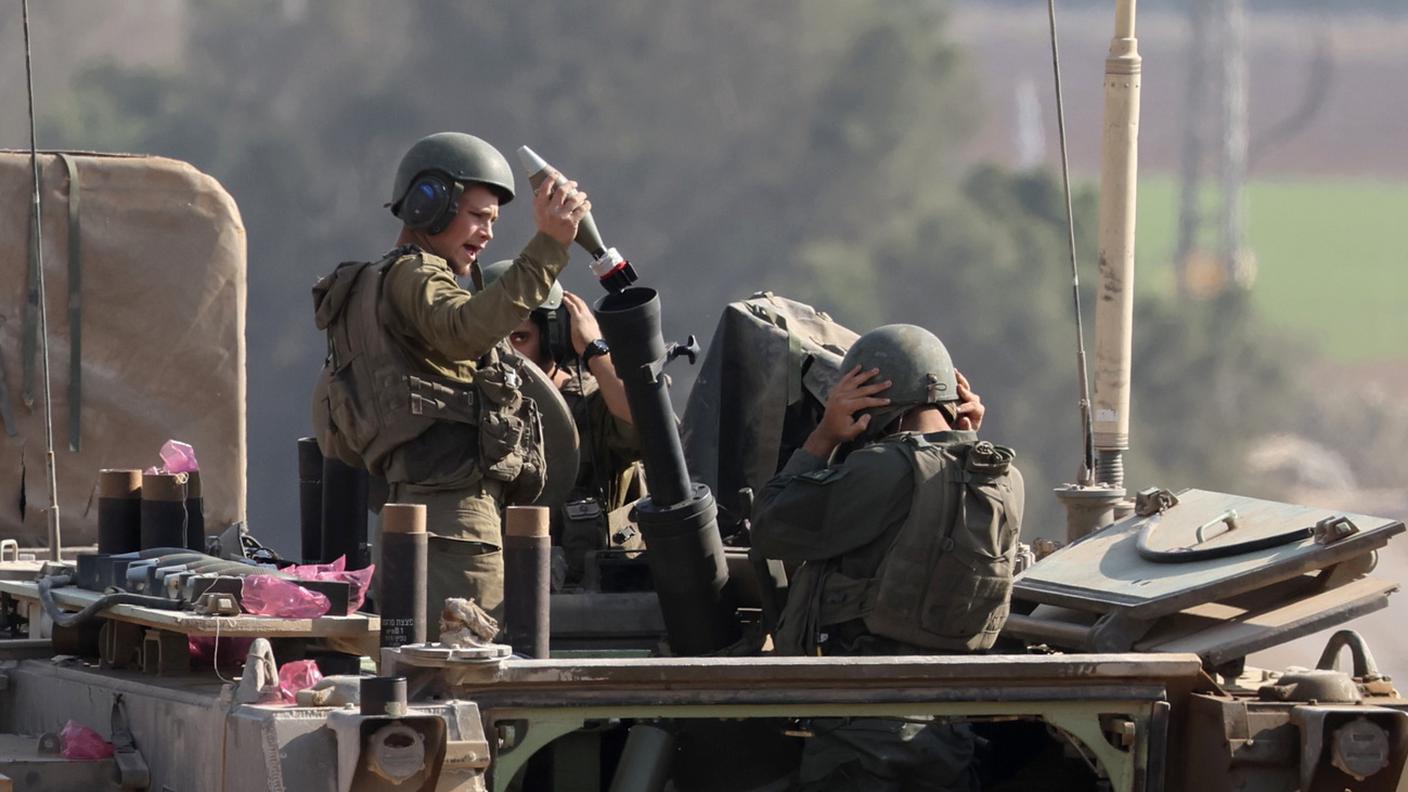“Ogni volta che andavo a fare il turno la mattina era un pugno nello stomaco trovarsi di fronte questa enorme quantità di bimbi ricoverati e pensavo ‘ma cosa c’entrano loro con la guerra?’. Non c’entrano nulla, però erano feriti.”
Inizia così il racconto di Giuseppe, chirurgo italiano entrato a Gaza lo scorso dicembre.
Voci da Gaza
Ascolta la testimonianza del chirurgo MSF

Giuseppe Soriani, è un nostro chirurgo italiano a Gaza. Per ascoltare il suo racconto premi sul tasto “play” qui sotto:
A Gaza assistiamo a un massacro
Siamo nella Striscia di Gaza e in Cisgiordania per aiutare la popolazione colpita. I numeri cambiano ogni giorno: oltre 28.000 persone uccise, più di 66.000 i feriti e oltre 1 milione di persone sfollate senza cibo, acqua, medicine.
In tanti ci chiedete come aiutare:
Oggi ti chiediamo di inviare aiuti con una donazione per curare i feriti in 4 ospedali a sud della Striscia, supportare altri ospedali nel nord e far sì che più di 20.600 persone sfollate ricevano 110.000 litri di acqua potabile al giorno.
La tua donazione di 7€ al mese, o dell’importo che preferisci, può davvero fare la differenza per la vita di molte persone in conflitti come questo.
Fai una donazione online
o chiama gratis l’800 91 31 46
GRAZIE
A nome del nostro staff a Gaza e di ogni persona a cui salvi la vita oggi.
Prendiamo in prestito le sue parole Alessio per provare a raccontarti l’inferno di Gaza. Come si lavora in un ospedale in cui manca tutto? Dove si dorme la notte? Quali suoni accompagnano le giornate dei pazienti e dello staff?
Giuseppe ha lavorato nell’ospedale di Al-Aqsa, 250 letti per 680 persone ricoverate, 4 su 10 erano bambini. Ogni spazio era sfruttato per metterci i pazienti: corridoi, bagni, sgabuzzini, scale. I materassi erano ovunque, le scorte mediche pochissime.
Non aggiungiamo altro, lasciamo che siano la sua voce e la sua emozione a parlarti in questa breve testimonianza ►
Al senso di impotenza, alla rabbia e al dolore che questa guerra ci fa provare ti chiediamo di rispondere con tutto l’aiuto possibile.
A Gaza, come in altri luoghi in guerra, è la tua donazione che ci permette di curare le ferite di chi ha più bisogno. Grazie a te non ci arrendiamo e proviamo in tutti i modi possibili a salvare ogni giorno delle vite in più.
Grazie per essere al nostro fianco.
Fonte: Medici Senza Frontiere (MSF)
English translate
WHAT DO THEY HAVE TO DO WITH THE WAR?
“Every time I went to work the shift in the morning it was a punch in the stomach to be faced with this enormous amount of hospitalized children and I thought ‘but what do they have to do with the war?‘. They had nothing to do with it, but they were injured.”
Thus begins the story of Giuseppe, an Italian surgeon who entered Gaza last December.
Voices from Gaza
Listen to the testimony of the MSF surgeon
Giuseppe Soriani, is one of our Italian surgeons in Gaza. To listen to his story, press the “play” button below:
In Gaza we are witnessing a massacre
We are in the Gaza Strip and the West Bank to help the affected population. The numbers change every day: over 28,000 people killed, more than 66,000 injured and over 1 million people displaced without food, water, medicine.
Many of you ask us how to help:
Today we ask you to send help with a donation to treat the wounded in 4 hospitals in the south of the Strip, support other hospitals in the north and ensure that more than 20,600 displaced people receive 110,000 liters of drinking water a day.
Your donation of €7 per month, or the amount you prefer, can really make a difference to the lives of many people in conflicts like this.
Make a donation online
or call 800 91 31 46 for free
THANK YOU
On behalf of our staff in Gaza and every person whose life you save today.
We borrow his words Alessio to try to tell you about the hell of Gaza. How do you work in a hospital where everything is missing? Where do you sleep at night? What sounds accompany the days of patients and staff?
Giuseppe worked in Al-Aqsa hospital, 250 beds for 680 people hospitalized, 4 out of 10 were children. Every space was used to accommodate patients: corridors, bathrooms, closets, stairs. Mattresses were everywhere, medical supplies were very few.
Let’s not add anything else, let’s let his voice and his emotion speak to you in this short testimony ►
We ask you to respond to the sense of helplessness, anger and pain that this war makes us feel with all the help possible.
In Gaza, as in other places at war, it’s your donation that allows us to heal the wounds of those who need it most. Thanks to you we don’t give up and we try in every possible way to save more lives every day.
Thank you for being by our side.
Source: Medicines Sans Frontières (MSF)
Dott. Alessio Brancaccio, tecnico ambientale Università degli Studi di L’Aquila, membro della Fondazione Michele Scarponi Onlus, ideologo e membro del movimento ambientalista Ultima Generazione A22 Network per contrastare il Riscaldamento Globale indotto artificialmente


